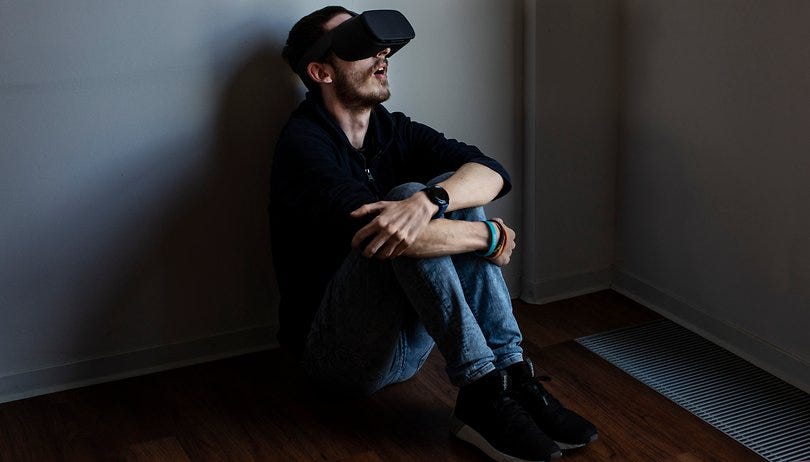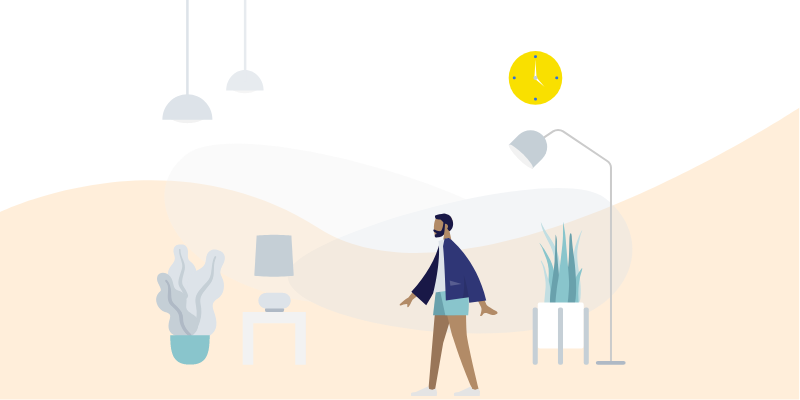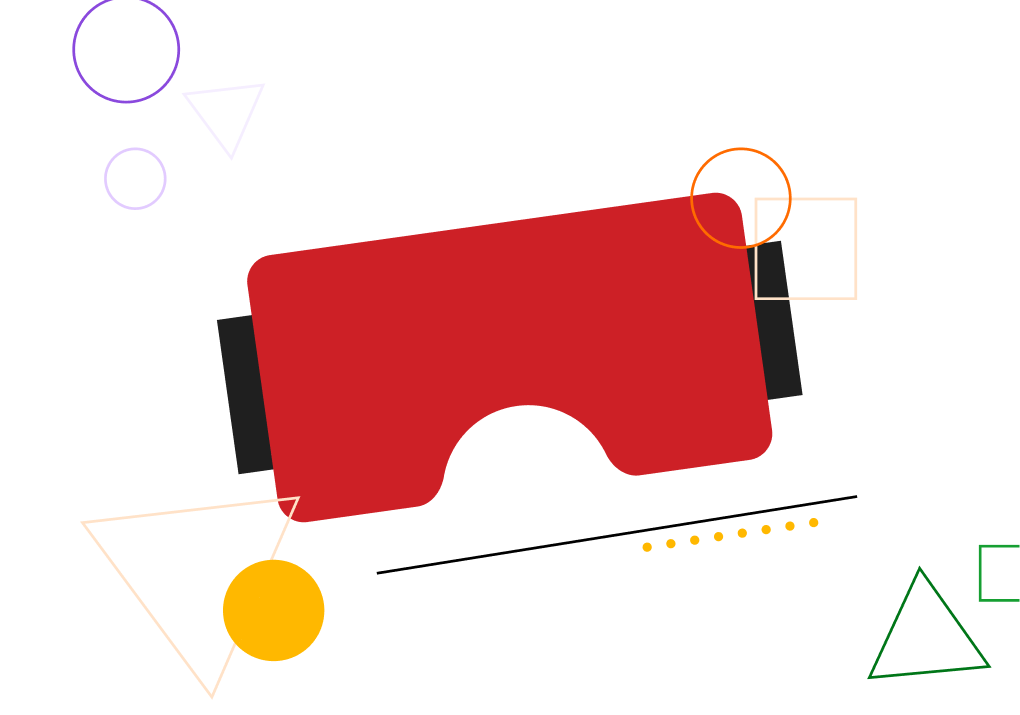As Virtual Reality teleports us to a different space the speed and scale of time also changes, atleast in our perception.
Virtual Reality has the power to teleport us to a different space and interact with virtual objects just as we do (well not exactly but to a large extent) in the real world. And while we are immersed in a virtual environment there is a change in perception of time too. Though the real absolute time may work at its pace, our perception of time in VR can be tweaked based on experience that’s being provided. And that brings us an important question.
“Can we simulate different state and rate of time in Virtual Reality?”
Imagine entering a VR scene at 3 PM, local time and emerging out at 4 PM. So physically you spent an hour in VR but what if within the VR environment you were made to feel as if you spent only 30 minutes? This brings us the question if we can biologically feel the passing of time and can accurately tell how much time has elapsed or we always take reference of physical watch/clock to tell us the time in precision and the amount of time we spend on certain activities. Our bodies have biological clocks but then it’s approximate to maybe 4 parts of the day i.e. precise up to 6 hours. It means once in VR we can simulate to change the units of time in such a way that our body feels less time spent whereas in actuality it’s more!
When this question came to my mind, I did a bit of research on the internet and came across a podcast of Dr. Gerd Bruder and his research paper. It’s a very interesting take on how time seems to be skewed in VR.
Philosophically this raises a lot of question of use being in a VR simulation or how can we treat some mental medical problems using this characteristic of VR.
Oh, then I came up with an idea of having a way to show time spent in VR, current physical time, and sense of biological time to the VR user so that the experience is medically and ergonomically well suited for the user.

Approaches

How do we perceive time in real life?
Absolute way — We look at our watches, wall clock or ask somebody to look in their watch and tell the time. This is very precise.
Relative absolute — We look at the external light conditions, the location of Sun, moon, stars, planets to guess the approximate time. This is not precise but approximately correct.

Relative — We observe things and people around and try to guess the time roughly. Example standing inside a room and watching outside window, see a restaurant with a lot of people going in and out. Without sunlight, it might feel little weird to guess, but we may think it’s noon as people are grabbing their lunch. Or going to a park and and finding kids playing can mean vacation time (in India summer) or after school hours, etc.
“And by taking different cues like this we can perceive the current time, make an absolute benchmark and then form a relative passage of time in Virtual Reality.”

To learn UI/UX Design for Virtual Reality using Oculus, Get mentorship from industry experts from Samsung, Microsoft, Cisco, IDF and start your career as a VR UX Designer, check out this course offered by Designerrs Lab on “Designing for Virtual Reality”.
To learn more about Design Thinking, UI/UX Design and Product Design, follow Dschool and Designerrs Lab stories.
